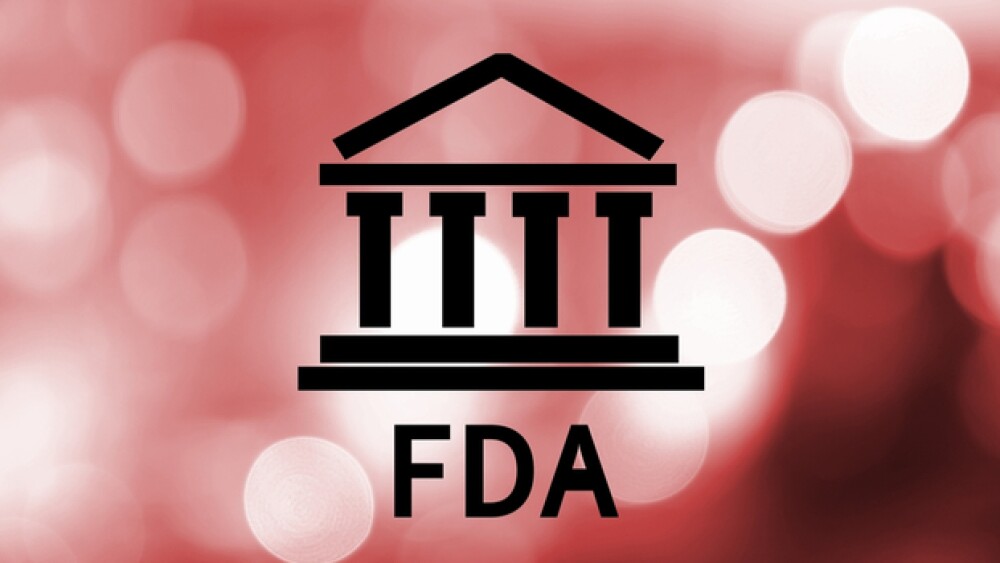The vaccine, Vaxelis, was approved to prevent diphtheria, tetanus, pertussis, poliomyelitis, hepatitis B, and invasive disease due to Haemophilus influenza type b.
The U.S. Food and Drug Administration (FDA) approved a new six-disease combination vaccine for use in children up to the age of five years old. The vaccine, Vaxelis, was approved to prevent diphtheria, tetanus, pertussis, poliomyelitis, hepatitis B, and invasive disease due to Haemophilus influenza type b.
Vaxelis, a ready-to-use hexavalent vaccine, was a joint project between Sanofi and Merck & Company. In an announcement Wednesday, Sanofi said the two companies are working to “maximize production” of the new vaccine in order to have a sustainable supply for anticipated demand in the United States. However, that supply will not be available in the U.S. for at least another year, Sanofi said.
Vaxelis was approved for use as a three-dose regiment in children 6 weeks through 4 years of age, prior to the fifth birthday. The vaccine is intended to be given to children at two months, four months and six months of age.
Sanofi quietly announced the FDA approval with little fanfare. The vaccine was approved two years ago by the European Medicines Agency.
The approval of Vaxelis is the third regulatory approval that Merck has received in a week. Prior to the Christmas holiday, Merck secured two approvals from the FDA. The company snagged approval for a new indication for the PARP inhibitor Lynparza. Developed with AstraZeneca, Lynparza was approved for use as a maintenance regimen for adults with deleterious or suspected deleterious germline or somatic BRCA-mutated (gBRCAm or sBRCAm) advanced epithelial ovarian, fallopian tube or primary peritoneal cancer who are in complete or partial response to first-line platinum-based chemotherapy.
Additionally, Merck’s blockbuster checkpoint inhibitor Keytruda secured another approval from the regulatory agency. This time, Keytruda was approved for adults and pediatric patients with recurrent locally advanced or metastatic Merkel cell carcinoma (MCC).
For Sanofi, the approval of Vaxelis follows the European approval of its dengue fever vaccine, Dengvaxia. Mosquito-borne dengue fever is the leading cause of deaths in the tropics and subtropics.
Additionally, Sanofi also made several significant corporate moves in recent days. Most recently, the company made the decision to transfer its listing from the New York Stock Exchange to the Nasdaq Global Select Market. The listing switch will be complete by the end of this week and Sanofi will begin to sell on the Nasdaq on Dec. 31.
Earlier in the month, Sanofi also announced that it will be cutting 670 jobs in France over the next year. The employees in that country will be laid off on a “voluntary basis.” Sanofi intends to reduce positions in human resources, IT and finance by 2020.





